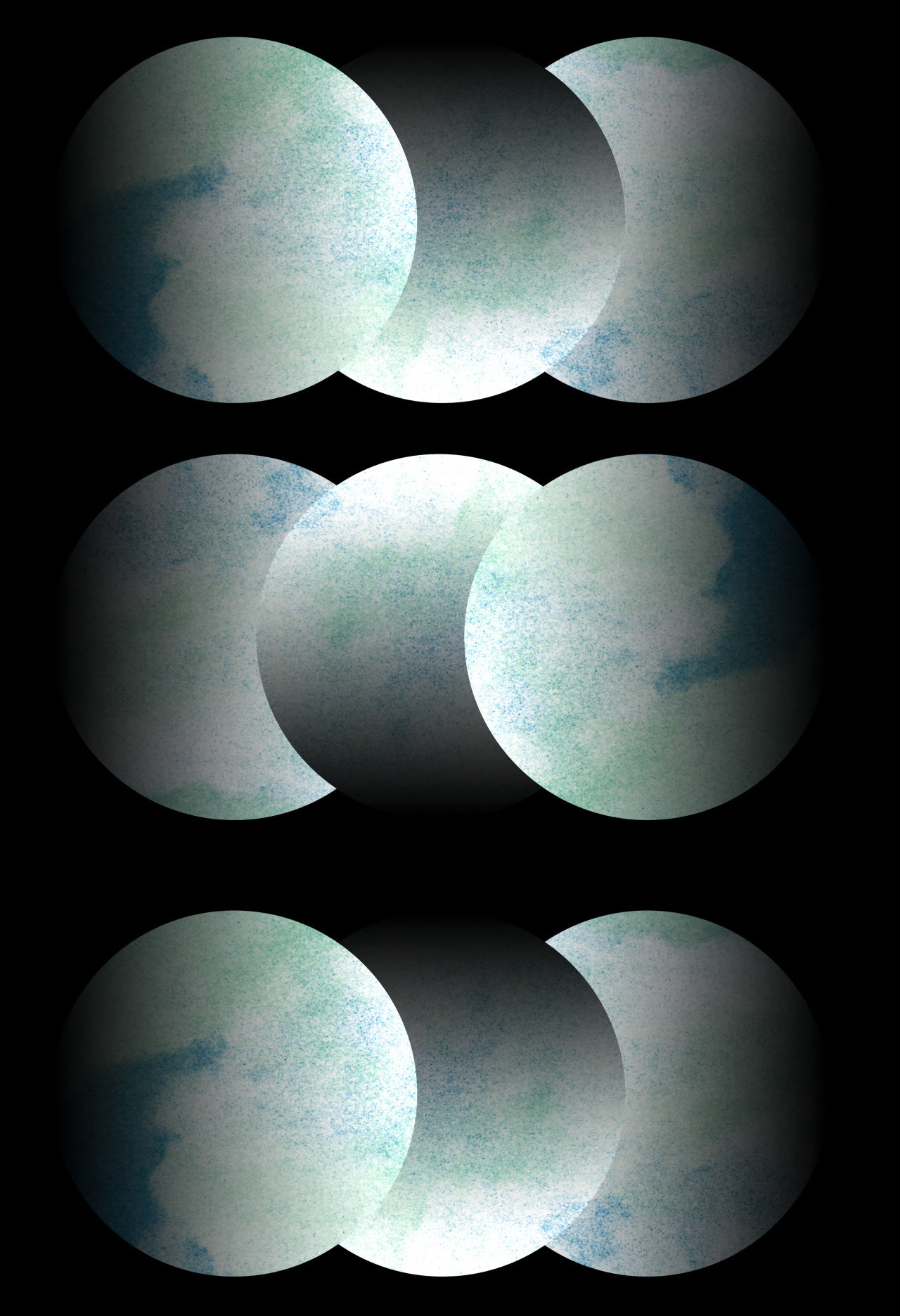BAD METAPHORS is an ongoing series that takes a critical look at the figures of speech that shuttle between technology and everyday life. Read the others here.
At the end of a day, at the end of a week, at the end of a beginning of a week, I often find myself depleted and, as such, in need of “recharging.” I imagine myself like my iPhone, whose battery icon has, by most evenings, turned warning-red, teetering close to death. The thin line of battery juice might hover around four percent or seven percent or, if I have unusually remembered to switch it to “Low Power Mode,” 20 — just a fifth of its so-called life.
When I plug my phone in, its battery receives a satisfying jolt, illustrated by a miniature lightning bolt. As the battery begins to fill up again, it turns green, the color of “go.” This process is part of a daily cycle that bears some similarity to the waxing and waning of the moon, except I pay more attention.
My phone’s battery icon has become emblematic of my understanding of what it means to regain my energy: I want to turn from red to green. Saying that I need to “recharge” is at once an acknowledgement of my depletion — my low energy, my fed-up-ness, my ennui, my aches and pains, my general exhaustion — and a sign of my hope that reviving it could be as simple as plugging in. I am thinking of myself like my device, and as such, reducing my life to a deadening cycle: deplete, recharge, deplete, recharge, deplete. Repeat. The recharge is a means to an end; the stuff of life (care, nourishment, even boredom) is flattened into a utilitarian jolt of energy, one that allows me to run myself down the following day.
I am thinking of myself like my device, reducing my life to a deadening cycle: deplete, recharge, repeat
“Recharge” is a staple of both casual speech and marketing copy, from energy drinks to listicles of vacation retreats to gym routines and juice cleanses. The metaphor can be used as shorthand for so-called “self-care” tactics that range from switching supplements to adopting a new religion. Sometimes a recharge is an anesthetic of sorts: binge-watching TV shows at the end of a long day as a means of turning off your brain. Other times it’s an aspirational lifestyle-oriented activity: yoga, ultra-running, spending a weekend at a spa, reading for an hour in the morning before you turn on your phone. It can be something you literally consume: vegetables, coffee, Red Bull, a bottle of wine that will lift your spirits and leave you feeling re-baptized by your hangover in the morning. A recharge can just as easily be an abstention — people are always saying they’re full of energy since they stopped eating dairy or deleted Twitter. But in every case the objective is not primarily the experience itself. To “recharge” is to expedite the process of getting to “100 percent” or “fully functioning” or “high power.” It’s to emerge ready to work.
The only logical endpoint of such a cycle is obsolescence
There are of course some things that are actually essential replenishments for your body; we need to eat and sleep and hydrate. There are also things that probably feel good, like going to a spa or finding faith in God. But the concept of the “recharge” subjugates both pleasures and necessities to a category of utility. They’re valuable only as long as they help us get back to functioning well, and as long as they do so quickly. “Recharging” connotes a lightning fix, a battery that goes from dead to full in a matter of minutes — an instant plug-in, an influx of something external that will make us run well again. It refers to little or large adjustments we can make to our bodies or souls or schedules to make us work better, feel better, live better, under the often-untenable conditions of contemporary life. Even vacation, that ever-shrinking benefit, is not simply time away from the desk, time for ourselves, time allotted for the beach or the mountains or lying in bed. Instead, we go on vacation to recharge ourselves for the work that awaits us on our return.
There is an almost mystical element to this search for a quick fix; it is rooted in the same misguided beliefs that once led Ponce de Léon to search for a “fountain of youth” upon landing in the so-called New World, scouring the ponds, rivers, lagoons, and lakes of the Florida coastline for the mythic fountain. (There’s debate about whether this actually happened, or if the quest is itself a myth — but the myth’s endurance tells us about its staying power.) The fountain of youth would be the ultimate recharge — a reversal of time in a single instant. The contemporary recharge is about continuously undoing the day before, quickly erasing the wear and tear of living, creating a fresh start or a blank slate or a best self. But it’s aimed at a singular objective: productivity.
At its heart, the myth of the recharge is about turning away from what might be broken about the structure of our society — the constancy of work, the absence of affordable healthcare, the expectation that we will be “plugged in” or “online” 24 hours a day — in search of short-term, generalizable solutions. We do not ask ourselves whether all this might be untenable, but instead what supplement we might take to make it a little more bearable. We rise and grind and rise and grind and sleep in between. We deplete, recharge, deplete, recharge.
It is obvious, maybe, that the only logical endpoint of such a cycle is total obsolescence — breakdown — thus, at the end of a day, at the end of a week, at the end of a beginning of a week, I find myself “recharging.”
